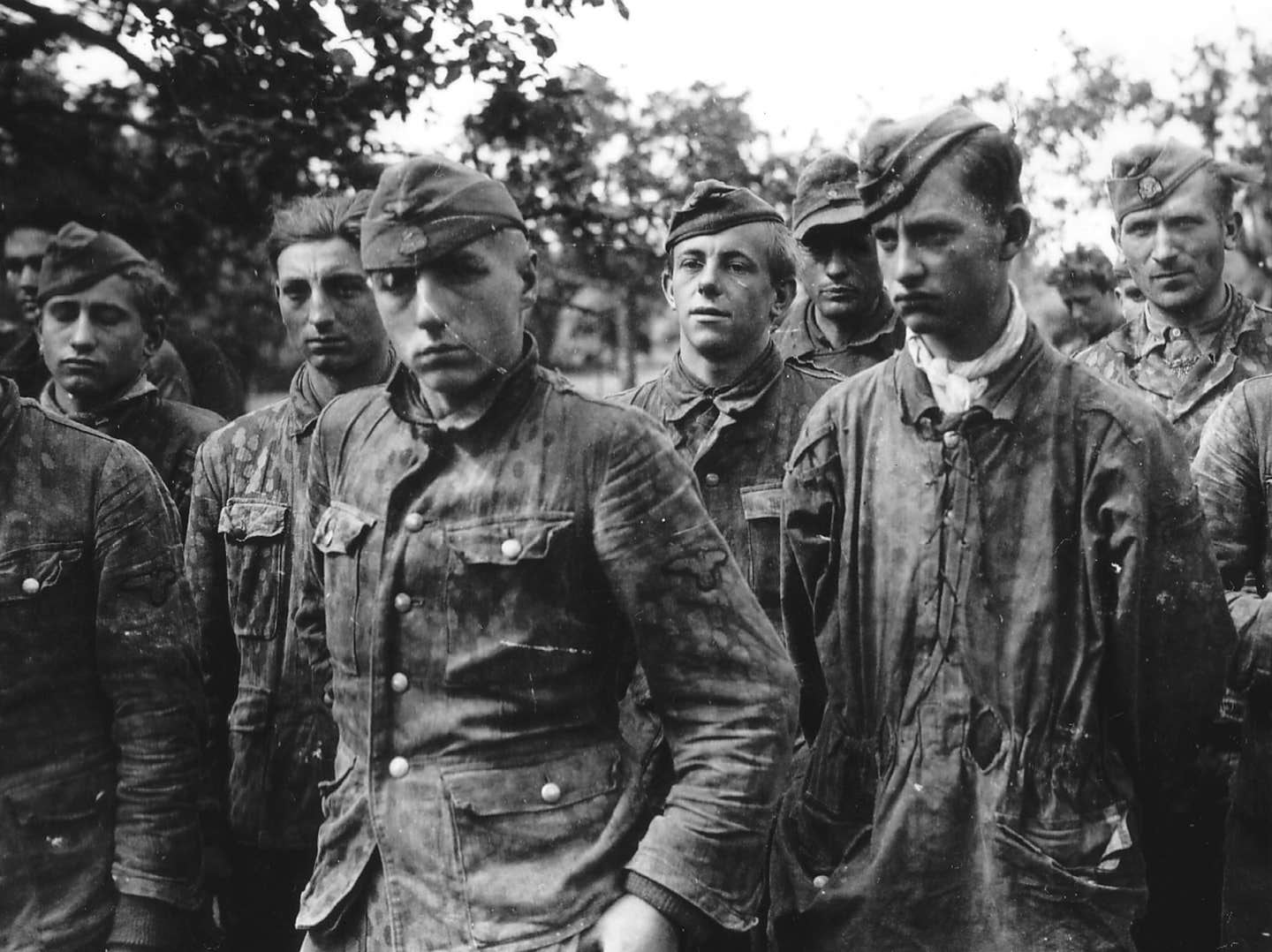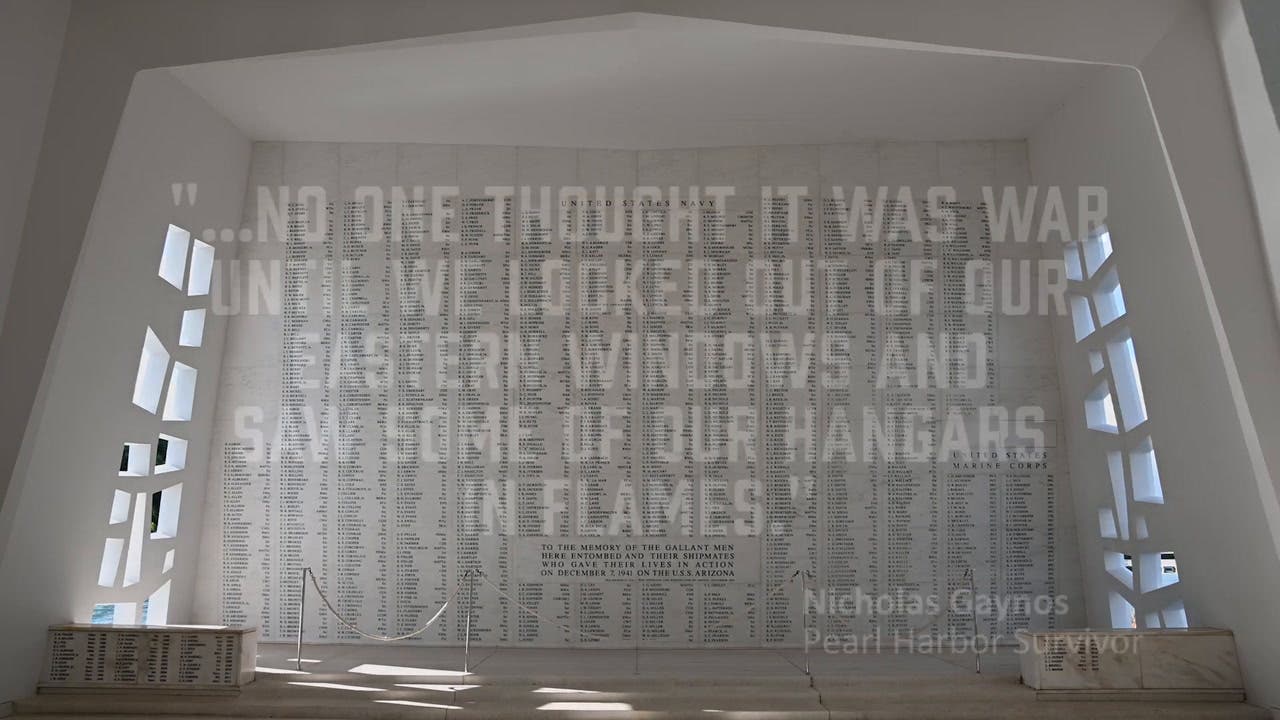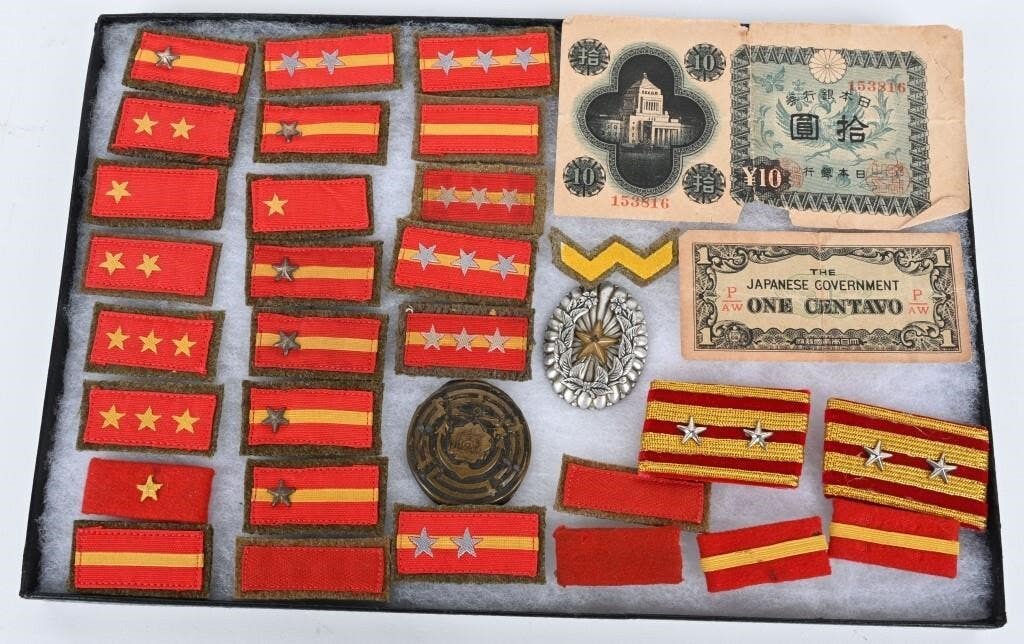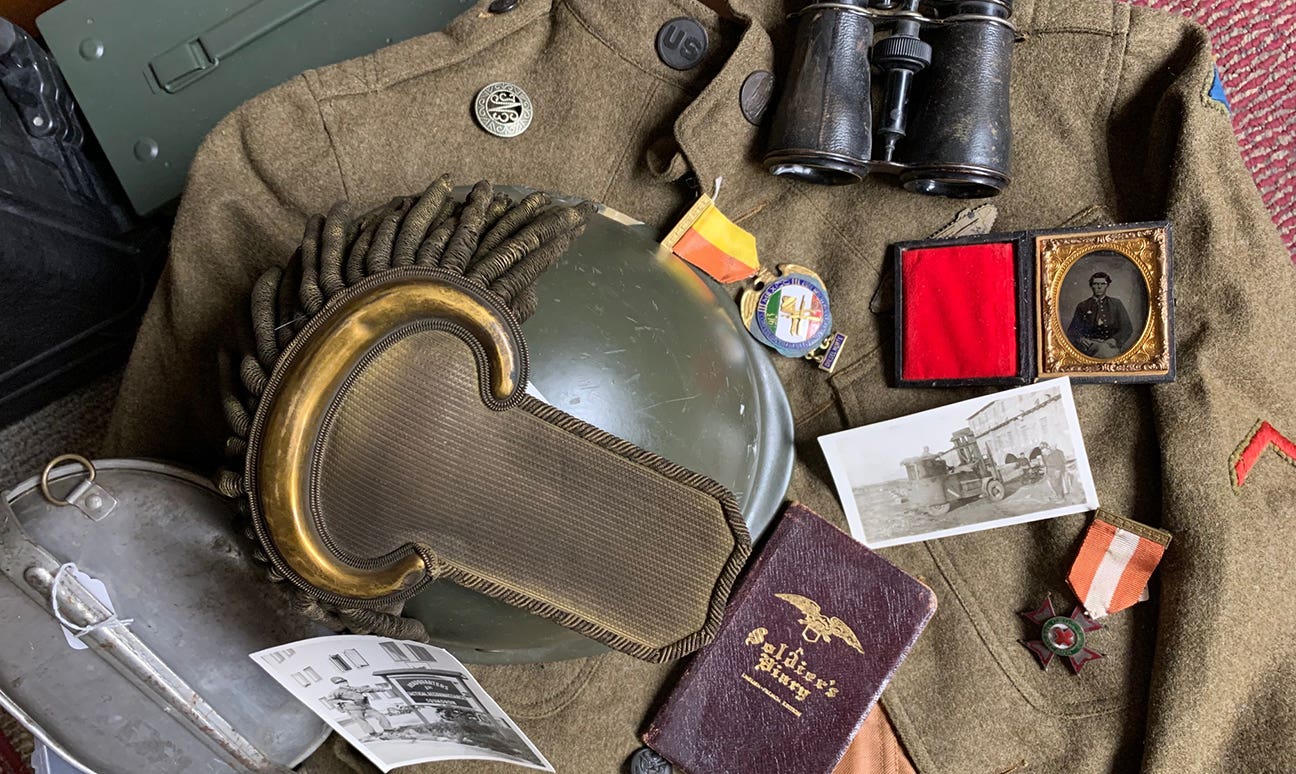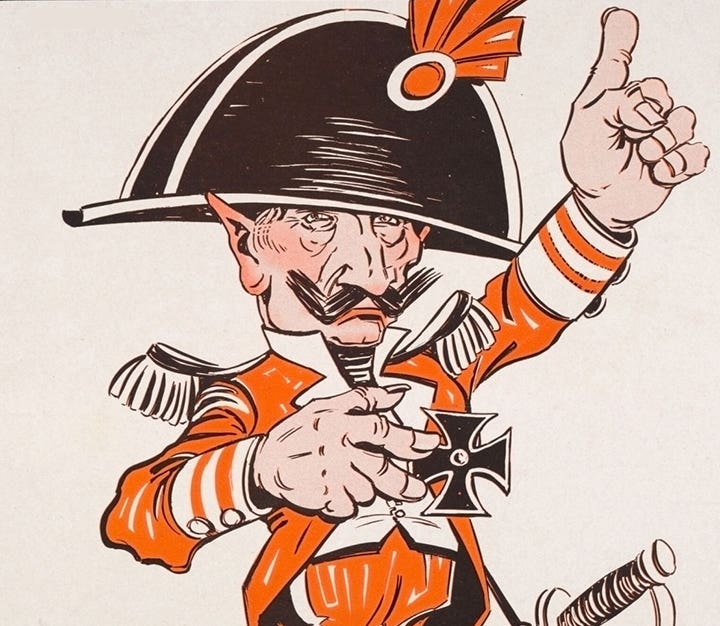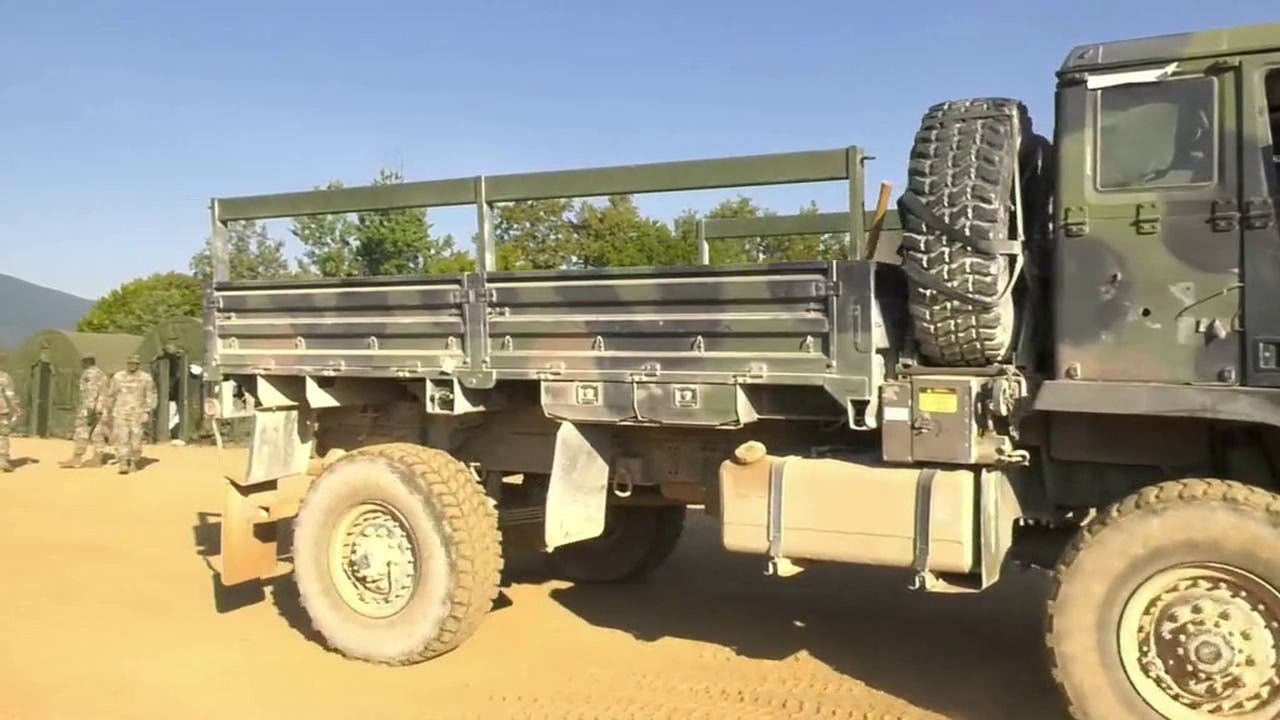Look Ma, I’m on Television!
A military collector isn’t short of television entertainment these days. Just a quick surf through the channels reveals a staggering array of militaria-themed shows from “how-to-shoot it” types to “what’s…
A military collector isn’t short of television entertainment these days. Just a quick surf through the channels reveals a staggering array of militaria-themed shows from “how-to-shoot it” types to “what’s it worth” sensations. A visit with armchair generals at any show across the nation will provide you with equal entertainment ranging from, “who wouldn’t have known that” proclamations to angry “they are ruining the hobby” declarations. Everyone seems to have an opinion about these “reality” shows.
So how “real” are these reality shows that seem to uncover treasures? Without pointing fingers or revealing secrets, I have discussed this topic with people involved in at least six different shows including the Antiques Road Show, Pawn Stars, Mail Call, CombatCash, American Pickers and Auction Wars. Though that list does not provide a comprehensive survey of the industry, there are trends that seem to be similar, ranging from gentle marketing efforts to out-and-out contrived scenarios. But that isn’t the point of my sitting at the keyboard today.
I realize… and hope all viewers do as well… “reality” television has nothing to do with reality. It is a venue through which networks provide entertainment. Remember the granddaddy of reality program—Orson Welles’ War of the Worlds? To the radio audience, it seemed real, acted real, sounded real… but it was just entertainment. The same goes for today’s reality shows. It isn’t the shows’ portrayal of reality, however, that concerns me. Rather, it is the effect they are having on our hobby and all related fields of antique-based collecting.
“I don’t believe it!”
Remember the television show, Frazier? The program’s main character, Frazier Crane (played by Kelsey Grammer), was a well-educated and polished professional who struggled to maintain his posh exterior despite his regular-sort-of-guy father, Marty, (played by John Mahoney). One day, Frazier walked in on Marty who was watching the Antiques Road Show. Whereas Frazier thought he knew the antiques discussed, Marty explained to him the formula: The producers set you up with a loser followed by a “winner”—someone who was shocked at the retail value of the item they had brought in for expert appraisal. Marty cheered each big monetary surprise with a rousing, “Cha-Ching!”
Marty realized the show was contrived to maximize entertainment value. The truth of the matter is, Road Show is, by far, the most real of the reality shows. Real people bring unsolicited items, go through an initial screening and meet with individual appraisers. An important fact that most viewers don’t know is that the appraisers are not paid to be on the Road Show. In fact, they must provide their own transportation and accommodations to appear on the show. They also have a strict code of ethics that they agree to follow.
Regardless of the stringent control on maintaining a true sense of “reality,” Road Show still relies on—what could be best described by Marty—the “Cha-Ching” effect. While most of the appraisers spend a great deal of time describing the historical significance of the viewer’s object, the golden moment of TV—the “money shot”—is that moment when the appraiser asks, “How much did you pay for this?” The walk-in usually states some short history of how it was bought long ago for mere dollars. The appraiser rears back, smiles, and proudly proclaims, “At auction today, this would bring…” CHA-CHING! That’s the moment for which Marty—and all of us viewers—are waiting.
All pretty cool, right? Someone went in thinking they had something worth a few dollars and walked out believing it is now worth thousands. How could that hurt our hobby?
History isn’t a treasure hunt
Collecting militaria was just starting to mature before the onset of reality television programs. Whereas it grew out of a gold-rush mentality of finding something for nothing and spinning into something worthwhile, time was changing the hobby. There are still some out there who take great delight in searching in second-hand stores, garage sales and flea markets for that military relic that might be priced lower than the current going rate, but those folks are slowly being outnumbered by those who are more serious about forming meaningful collections than just an array of “it was cheap” items.
Lifestyle and financial magazines and media outlets were beginning to recognize militaria being bought and sold by more than lonely, basement-dwelling old men. Articles appeared showing that buying, selling and forming meaningful collections was actually, a vibrant, financially fluid marketplace. The Wall Street Journal, Robb Report and New York Times were beginning to cover collectors, not as “that odd military-nut to beware,” but rather, from the point of view of, “Look at what niche this entrepeneur has discovered.” Finally, it appeared as though the hobby was growing up and militaria collectors were going to ascend to the same level of collector with whom Frazier Crane would be proud to associate.
But alas, “something for nothing” is darn compelling—in real life and in television programming. A story about how someone worked hard to interview veterans and collect relics that tell the story of the 1st Cavalry Division in Vietnam just isn’t as dramatic as sitting at a table with a guy in a suit who begins his punch line with, “At auction today, this would bring….” A serious collector may have preserved the medals, uniforms and stories of Naval Construction Battalions during WWII, but again, it is hard to compete with Pawn Star’s Rick bragging to Chumlee that he just bought a Colt 1911 for $500 and should be able to sell it for $1,500. Spinning gold out of flax is always a better story than someone who simply plants the seeds, works to grow a crop and then harvests the flax to spin into linen. Hard work and diligence is just too real to be entertaining as “reality.”
How is “Reality” changing the hobby?
To say it is frustrating to the serious collector or researcher who watches one of these “cash-in” types of reality shows, is probably a grand understatement. One of the more common complaints I hear doesn’t really inspire me with hope for the hobby, either: “Those shows are ruining it for the rest of us!” This is the statement generally made by those flax-into-gold spinners—the people who want to buy something for dollars and turn them into thousands. But just as the tin-panners of the gold rush dwindled and disappeared after more businesses and entrepreneurs entered the market, so, too, will this type of militaria buyer. This isn’t what concerns me about the effect of reality cash-in shows on our hobby.
The loss of history associated with relics, though, is the potential fatality of the get-rich-quick mentality. Not all people who dig out relics from their attics or basements are going to be fortunate enough to have a filmed visit with the American Pickers or be able to attend a Road Show appraisal event. Rather, they are going to walk into their local pawn or antique shop hoping to have the same meaningful, respectful visit they had seen on television.
Chances are—and you and I both have seen it—they are not going to receive a fraction of courtesy that they saw on television. The items are simply “widgets” to the person behind the counter. How much do they have to pay for the widget and how much they can sell it for are the two main thoughts on their mind. These folks tend to not care if the item “belonged to grandpa who went to France in 1917” or if the object “was passed down from great-grandmother.” The history isn’t tangible to these types of buyers, so it simply isn’t considered, recorded or passed on to the next caretaker.
The idea of “cashing in” on history promoted by the various history shows may be darn entertaining to watch, but they aren’t really helping the preservation of history. We all want to make a buck—and the easier the better—but at the expense of history is something we have to be sure we don’t promote.
Preserve the Memories,
John Adams-Graf
Editor, Military Trader and Military Vehicles Magazine
John Adams-Graf ("JAG" to most) is the editor of Military Trader and Military Vehicles Magazine. He has been a military collector for his entire life. The son of a WWII veteran, his writings carry many lessons from the Greatest Generation. JAG has authored several books, including multiple editions of Warman's WWII Collectibles, Civil War Collectibles, and the Standard Catalog of Civil War Firearms. He is a passionate shooter, wood-splitter, kayaker, and WWI AEF Tank Corps collector.



